Unless noted, all articles and poems are reprinted with permission from The Massachusetts Review 47, no. 2 (2006). The Clause, from The Singing, by C. K. Williams. Copyright 2003 by C. K. Williams. Reprinted by permission of Farrar, Straus, and Giroux, LLC. The Envoy, from Given Sugar, Given Salt, by Jane Hirshfield. Copyright 2001 by Jane Hirshfield. Reprinted by permission of HarperCollins Publishers. Kidding Ourselves, from How the Mind Works, by Steven Pinker. Copyright 1997 by Steven Pinker. Used by permission of W. W. Norton and Company, Inc. Man Alone, from The Blue Estuaries, by Louise Bogan. Copyright 1968 by Louise Bogan. Copyright renewed 1996 by Ruth Limmer. Reprinted by permission of Farrar, Straus, and Giroux, LLC. The Man Who Mistook His Wife for a Hat, by Oliver Sacks. Copyright 1988 by Oliver Sacks. Reprinted by permission of the Wylie Agency. Legal Selves, by Robin West. Copyright 2007 by Robin West. Unimaginative, by Corwin Ericson. Copyright 2007 by Corwin Ericson.
First published 2007 by Paradigm Publishers
Published 2016 by Routledge
2 Park Square, Milton Park, Abingdon, Oxon OX14 4RN
711 Third Avenue, New York, NY 10017, USA
Routledge is an imprint of the Taylor & Francis Group, an informa business
Copyright 2007, Taylor & Francis.
All rights reserved. No part of this book may be reprinted or reproduced or utilised in any form or by any electronic, mechanical, or other means, now known or hereafter invented, including photocopying and recording, or in any information storage or retrieval system, without permission in writing from the publishers.
Notice:
Product or corporate names may be trademarks or registered trademarks, and are used only for identification and explanation without intent to infringe.
Library of Congress Cataloging-in-Publication Data
The messy self/edited by Jennifer Rosner.
p. cm.
ISBN: 978-1-59451-291-9 (hc)
ISBN: 978-1-59451-292-6 (pbk)
1. Self (Philosophy) 2. Self. 3. Orderliness. I. Rosner, Jennifer. II. Title.
BD450.M4585 2006
126dc22
2006022346
Designed & Typeset by Straight Creek Bookmakers in Adobe Caslon.
ISBN 13 : 978-1-59451-291-9 (hbk)
ISBN 13 : 978-1-59451-292-6 (pbk)

Arthur C. Danto

I THINK I KNOW PHAEDRUS ABOUT AS WELL AS I KNOW MYSELF, Socrates says to his amiable companion in Platos dialogue, Phaedrus. But a moment later, he leaves the reader wondering just how well Socrates really knows his friend, since he says, by way of deflecting an idle question put to him by Phaedrus, that I cant as yet know myself, as the inscription at Delphi enjoins. And so long as that ignorance remains, it seems to me ridiculous to inquire into extraneous matters. Accordingly, Socrates continues, I direct my inquiries to myself, to discover whether I really am a monster, more complex and swollen with pride than the man-serpent Typhon, or a simpler, gentler being whom heaven has blessed with a quiet un-Typhonic nature. You strike me as the oddest of men, Phaedrus observes, pointing out that though Socrates is a native to the countryside they are walking through, he is unable to answer questions about the landscape. To which Socrates responds, I am a lover of learning, and trees and open country wont teach me anything, whereas men in town do. The implication is that in regard to the question of what he is, a main source of knowledge is what others think he is. Like Jean-Paul Sartre, of whom his lover, Simone de Beauvoir, once said that he was allergic to chlorophyll, Socrates knew enough about himself to realize that he deeply belonged to the city. He only followed Phaedrus outside the city walls because he believed the latter possessed a text on love, which was, Socrates is made to say in Platos other dialogue on love, the Symposium, the one subject on which he actually knew something.
What is the self, as an object of knowledge that even someone as clever as Socrates feels he lacks? It certainly must not be entirely transparent to itself if it cannot tell whether it is a monster. How will it ever find out? Probably Socrates will find out in the same way in which he might come to learn that Phaedrus is not a monsterby seeing how he acts in various situations. In that respect, the self lacks what philosophers call privileged access to itself. We find out what we are in the course of observing ourselves, in just the way we observe others. So Socrates really does know himself about as well as he knows Phaedrusnot very well at all. We are closed books, so to speak, as much to ourselves as to one another, and have to discover through inference what the books contain. A book is the evolving story of our life, which is disclosed to oneself as it is to others in the course of living that life and seeing how we respond to the various situations life throws our way. We know that Socrates was brave from the way he conducted himself in battle as a middle-aged man, and how, as an old man, he accepted the death penalty with grace. We know that he was hardy because he seemed indifferent to cold and hunger. But how much did he know before he found out how he behaved under the extreme conditions in which he found himself in the historical reality of his times? I direct my inquiries to myself, Socrates told Phaedrus. But what exactly does that mean? It certainly cannot mean, as philosophers have come to see it, some extraordinary feat of introspection. Self-knowledge is not obtained by gazing into an internal mirror. It is acquired by seeing what we do, and for that we are in no better position than anyone else. Perhaps we are in a worse position, because we may have certain illusions about ourselves, which others see through before we do. What we are for ourselves is not necessarily what we are for others. That is why Jean-Paul Sartre famously said that hell is other people. We are always hostage to their knowledgeor at least to their opinions.
Sartres picture of the self is of a fiendish apparatus of interfacing mirrors. There is a mirror in which we see our own image, which Sartre calls our self




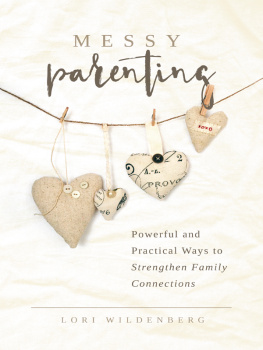
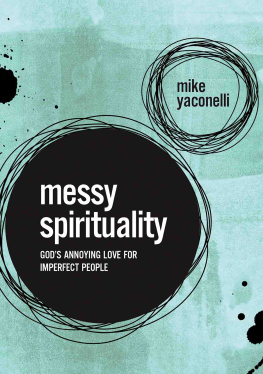

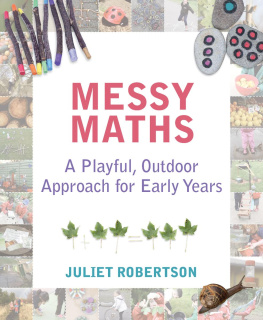
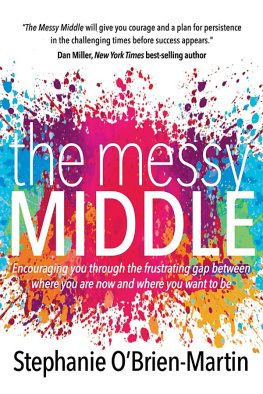
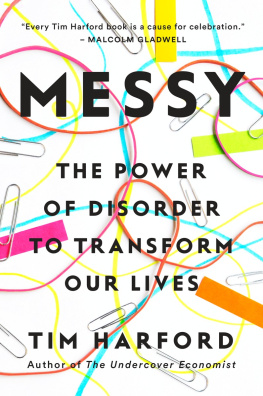
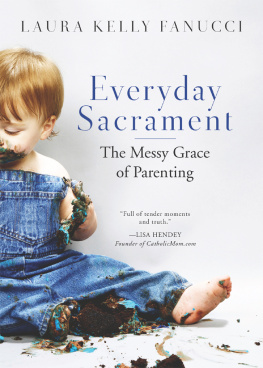
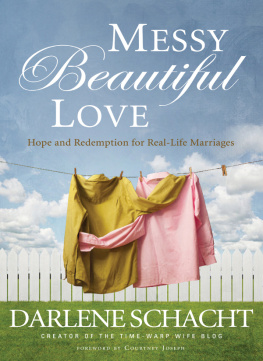

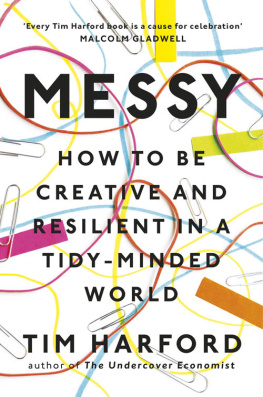



 Arthur C. Danto
Arthur C. Danto